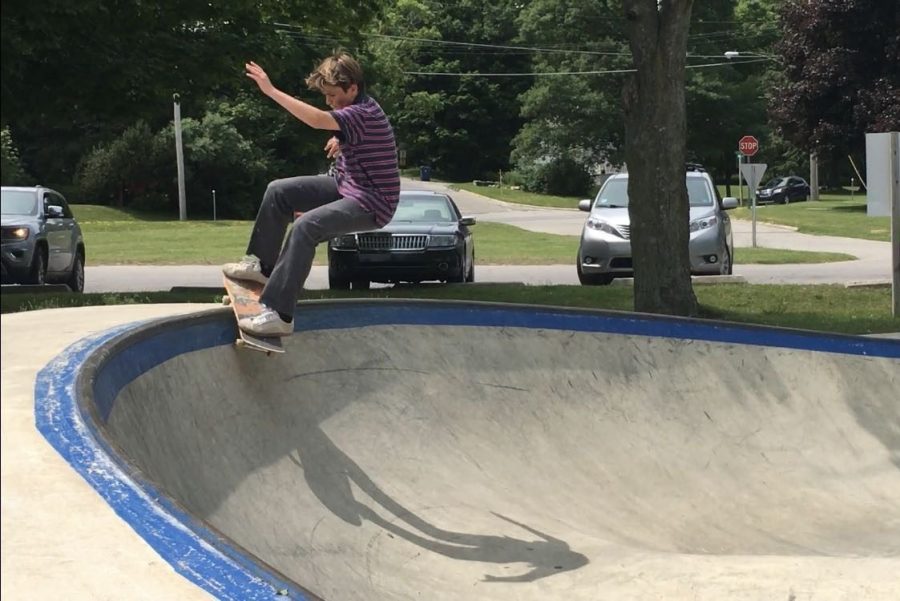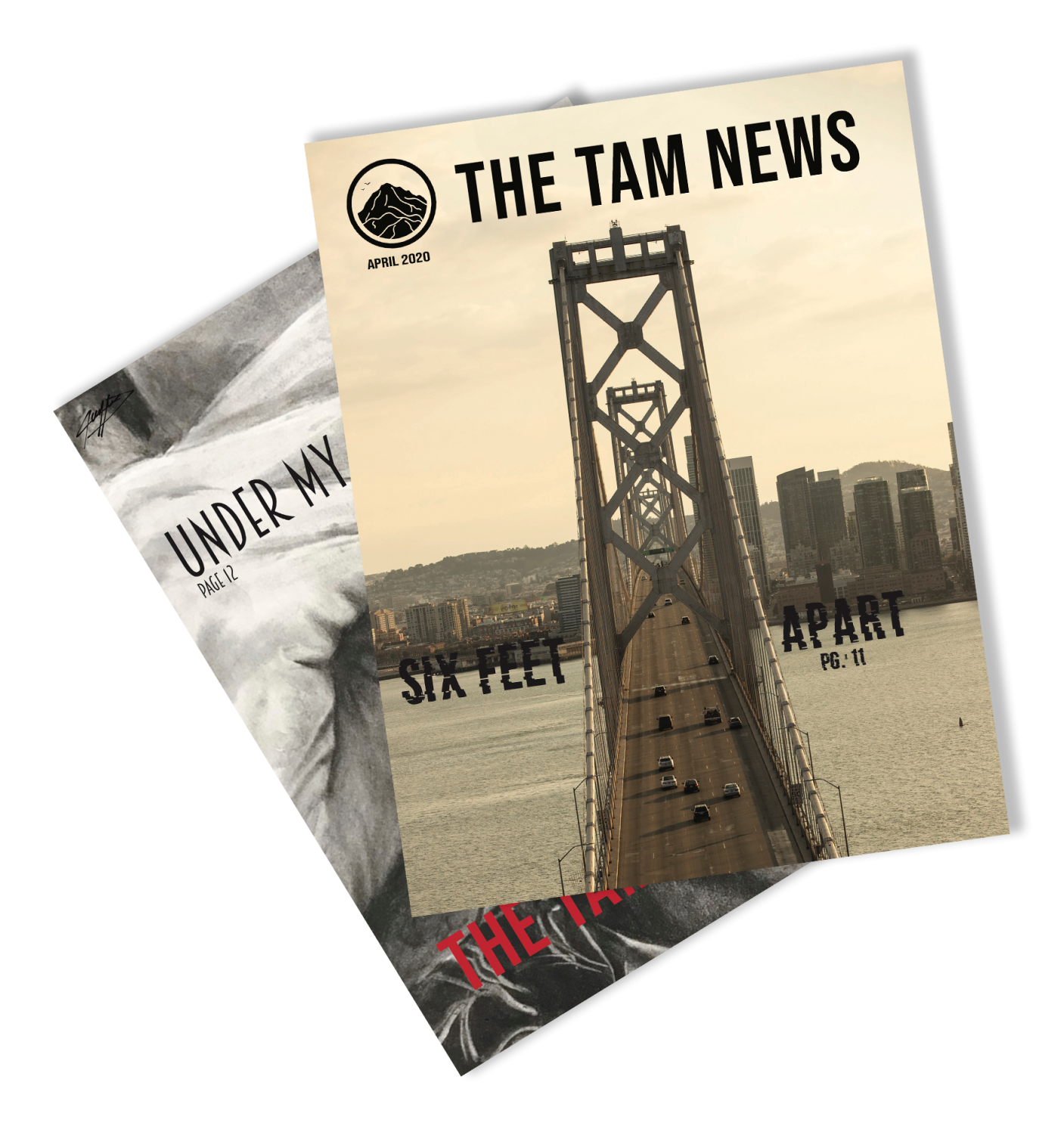Skateboarding set to enter 2020 Tokyo Olympics
Mar 4, 2020
On Friday, July 24, Tokyo will begin the commencement of their second Summer Olympics. The 1964 Tokyo Summer Olympics featured a total of 163 events, which has since expanded to 339 events. Over the past 56 years, there have been significant changes in the rules, requirements, and frequency of the trials. The most apparent change we’ll see entering into this year’s Olympic games is the addition of baseball, softball, skateboarding, surfing, sport climbing, and karate. Analysts attribute these add-ons as an attempt to attract millennials, an age group whose viewership has declined in recent years. The implementation of skateboarding has sparked discussion within the skate community, and a debate has arisen over what effect the exposure will have on the culture and lifestyle that accompany it.
The central argument theorizes that by making skating mainstream, it would legitimize the act and help combat rebellious stereotypes often associated with the sport. Also, by opening the competition to both females and males, women are gaining some much-needed spotlight. The opposing position has concerns over countries accepting skateboarding solely for competition in the Olympics, therefore neglecting the genuine love for the sport. Tam is among many high schools in California that has students who actively participate in skate culture.
“I’m very happy that it’s included in the Olympics. It’s super satisfying for the skating culture overall because it’s finally being recognized as a real sport. I’d also hope it helps end the bad stigma toward skating,” sophomore skater Will Trapp said.
The event will feature two disciplines: park and street. The park competition will take place on a hollowed-out course resembling large bowls and will feature a complex series of twists and turns. The street competition features a straight course with stairs, handrails, walls, benches, and slopes to imitate a real street. Competitors will skate in direct succession, and contenders get three coordinated rushes to post their best score. A total of 80 athletes will qualify, including 38 men and 38 women from different nations, with four total slots reserved for the host nation of Japan. Capabilities are overseen by World Skate, the worldwide administering body for roller sports. Athletes will be judged based on speed, difficulty, originality, timing, stability, overall flow of the performance, and the ability to seem suspended in midair.
There’s a long list of Olympic hopefuls aiming to qualify, including Nyjah Huston from the United States, one of the highest achieving skaters in the world.
“I think it’s about time that skateboarding is in the Olympics. I personally don’t see why it wasn’t in there a long time ago. Kids and people skateboard all around the world and it’s a very global sport, but hey, at least it’s in there now,” Huston said in an interview with the Los Angeles Times.
Aside from Huston, other names include Louie Lopez, Jagger Eaton, Chris Joslin, Jenn Soto, Alexis Sablone, Lacey Baker, and more. Despite the existing conflict, watching these top skaters compete in July will be an event to behold.




